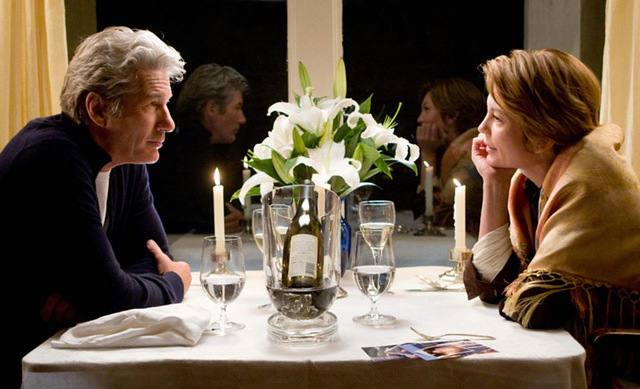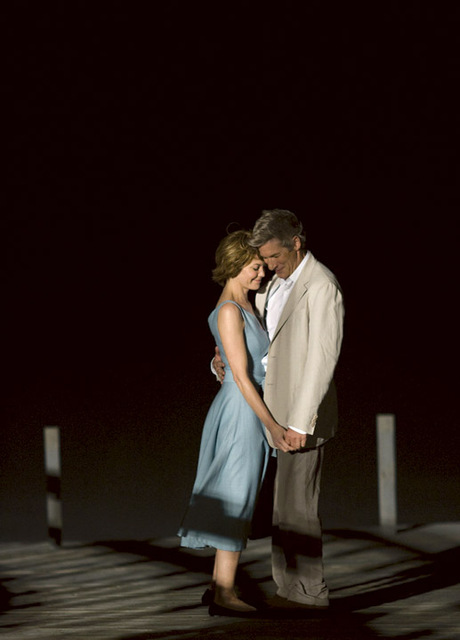Film Review: Nights In Rodanthe
Sparks’ Romance Serves Up The Schmaltz, North Carolina-Style


“This is the best prom date ever.”
Latest Article|September 3, 2020|Free
::Making Grown Men Cry Since 1992


“This is the best prom date ever.”